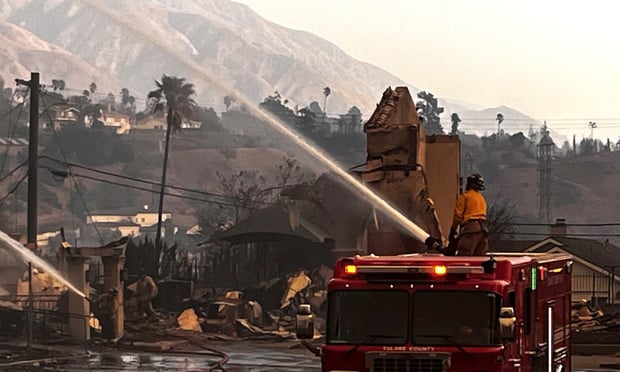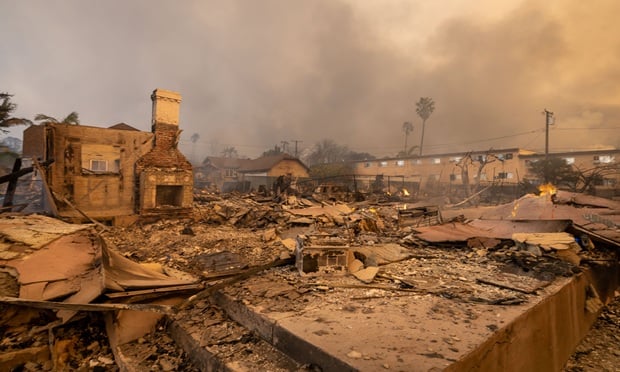NU Online News Service, April 10, 12:00 p.m. EST
Evan G. Greenberg, chairman and chief executive officer of ACE, says governments in the United States and Europe erroneously believe they can create prosperity in the private sector.
“In the U.S.and much of Europe, we face an unrelenting assault on business by government,” says Greenberg in his annual letter to shareholders. As a result, he says, these governments are discouraging risk-taking and investment.
Some regulators and political leaders think “the primary job of government is to protect its citizens from the evils of business.”
The chief executive predicts continued slow growth for developed economies, which will hamper growth in developing nations in the short-term. An election year in the U.S., a change in leadership in China, and the Euro crisis “are breeding more protectionism, which manifests in the form of predatory trade and regulation,” Greenberg continues.
The effort, especially inEurope, toward universal-insurance regulations for risk management, capital and governance for all countries is “simply wrong-headed and ignores cultural, social and economic realities of different countries.”
He adds, “One size does not fit all.”
Greenberg says theU.S.system of regulation has its faults, but gives insurers a “reasonable level of freedom to succeed or fail.”
He calls Solvency II overly-bureaucratic and costly. Pushing this regulatory system as a global standard is misguided and could “turn our industry into a utility.”
“Our industry fared well during the financial crisis, so I am not sure what problem we are trying to solve” with Solvency II, Greenberg says.
Turning to market conditions, the global commercial and specialty P&C company is seeing slowed rate decreases in the U.S., with many classes getting flat or positive rate—especially catastrophe-exposed property.
Outside the U.S., a soft market remains except for catastrophe-exposed areas, Greenberg says.
“This is not a balance-sheet-driven hard market, but rather an income-statement-driven price correction, and rate increases, therefore, will be more modest and take longer to materialize,” he says.
Some combination of natural or manmade catastrophes, an increase in inflation and continued underpricing will likely need to take place before real rate change will occur to produce a reasonable risk-adjusted return on equity, Greenberg adds.
Want to continue reading?
Become a Free PropertyCasualty360 Digital Reader
Your access to unlimited PropertyCasualty360 content isn’t changing.
Once you are an ALM digital member, you’ll receive:
- Breaking insurance news and analysis, on-site and via our newsletters and custom alerts
- Weekly Insurance Speak podcast featuring exclusive interviews with industry leaders
- Educational webcasts, white papers, and ebooks from industry thought leaders
- Critical converage of the employee benefits and financial advisory markets on our other ALM sites, BenefitsPRO and ThinkAdvisor
Already have an account? Sign In Now
© 2025 ALM Global, LLC, All Rights Reserved. Request academic re-use from www.copyright.com. All other uses, submit a request to [email protected]. For more information visit Asset & Logo Licensing.








